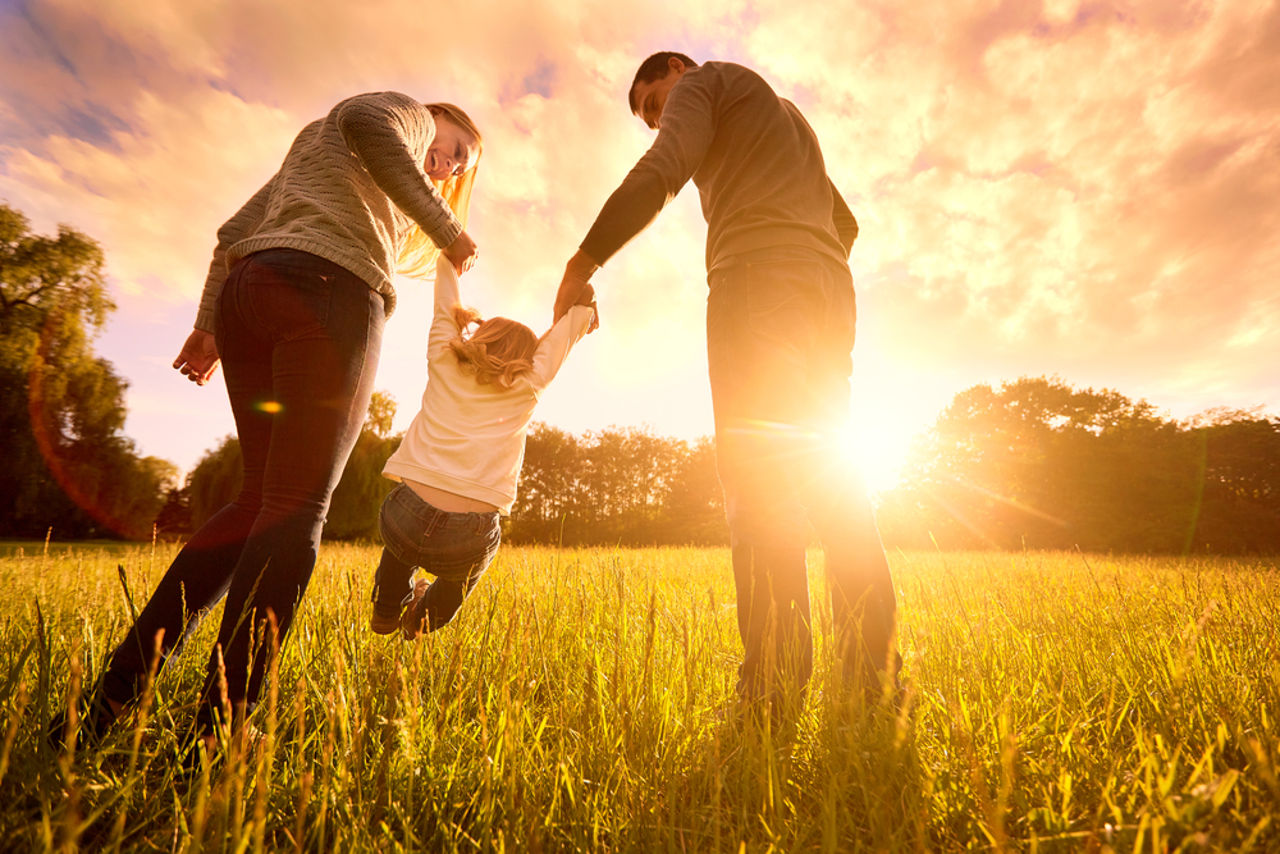Debate: Positive education—empty words or a real revolution?
Over the past decade, the term "positive education," often associated with kindness, has become very popular with both schools and families. It can be applied in a variety of ways: positive parenting,positive authority, or positive discipline.
Sylvain Wagnon, University of Montpellier

Although its definition has yet to be established, it is already clear that it is primarily about respecting the rights and needs of children and adults through more understanding, empathetic, and constructive human relationships.
Child protection
As we celebrate the 30th anniversary of the International Convention on the Rights of the Child, signed on November 20, 1989, positive education must be placed within the context of this historic commitment to take into account the needs and "best interests" of the child.
This protection of children has been developed through legislation on children's rights, but also on the rights of the state. In fact, the19th century saw the creation of a "protective system" in response to the omnipotence of parents, and more specifically of fathers, over their offspring.
The rejection of child abuse has been a recurring theme in French legislation, culminating in the law of July 10, 2019, on "ordinary violence," which some, disparagingly, refer to as the "anti-spanking" law. Yet this intolerable violence exists, and children remain the forgotten victims in the fight against violence.
In France, one child dies every five days as a result of abuse by their parents, 165,000 children are victims of rape and sexual violence each year, and children remain the primary victims of domestic violence. All these factors are a reality that makes positive education a necessity.
School climate
Since the law on the reform of the French school system of July 8, 2013, official documents from the Ministry of Education have emphasized that "the conditions for a peaceful school environment must be established in schools and educational institutions to promote learning, the well-being and development of students, and good working conditions for all."
Kindness and empathy contribute to the concept of a new "school climate" by strengthening students' motivation and skills. This consideration is linked to the results of international assessments conducted as part of the OECD's PISA program, which point out that the education systems that make the most progress are those based on kindness. These factors illustrate the importance of the quality of the educational relationship between teachers and students for real change in education.
Positive authority, a concept that has spread from the world of high-level sports, emphasizes the link between firmness and flexibility. In the field of education, "positive discipline" once again highlights the importance of communication, dialogue, and respect for children and adolescents. School punishments and humiliating comments, symbols of coercive education, are normally prohibited.
Parental investment
The issue goes beyond the school setting and is defined by some as a revolution in the family, with positive parenting. While no one can oppose the desire for harmonious relationships between children and parents, this notion is subject to debate when it is perceived as an imperative.
In a book published in September 2019, Béatrice Kammerer highlighted the risks of mothers feeling guilty as a result of these demands for emotional labor without any change in the division of roles between parents.
Being a parent means trial and error and experimentation. Education is never an exact science, and fortunately so. Scientific knowledge, particularly neuroscience, certainly has something to contribute, but it should not and cannot be used to establish educational standards. However, proponents of positive psychology often attempt to validate it with measurable results.
The idea of evaluating education, and especially its goals, is raised. What do parents want from this positive education: their children's fulfillment, cognitive performance, the elimination of family conflicts, or greater obedience?
The risk of standardization
The current trend is linked to this pursuit of happiness. In Happycratie, Eva Illouz and Edgar Cabanas analyze the gradual control of our lives by the values of positive psychology, which support the imperative of personal fulfillment and well-being. It is not this desire for happiness that is at issue, quite the contrary, but the means used and the intentions behind them.
Transforming a process and an ideal into an injunction leads individuals to frustration and a never-ending quest. The well-being syndrome can lead to suffering linked to this injunction of positivity and the inability to be happy. Behind the question of what it means to be happy, isn't there a risk of creating an archetype of the positive, young, healthy, and beautiful person?
It is therefore clear that positive education is a necessity in the face of the abuse and coercion suffered by some children. It is a prerequisite. Now we need to think about this positive education in terms of the rights, respect, and freedom of children and their parents, avoiding the definition of a single educational standard that is coercive by nature.![]()
Sylvain Wagnon, Professor of Education Sciences, Faculty of Education, University of Montpellier
This article is republished from The Conversation under a Creative Commons license. Readthe original article.